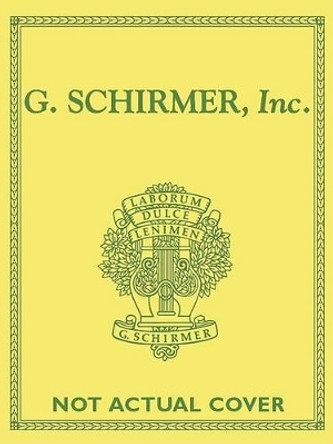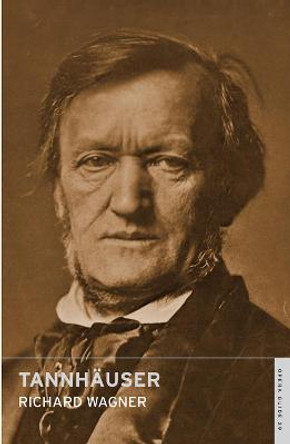Description
In this book on Richard Wagner's compelling but enigmatic masterpiece Goetterdammerung, the final opera of his monumental Ring tetralogy, Alexander H. Shapiro advances an ambitious new interpretation which uncovers intriguing new facets to the work's profound insights into the human condition. By taking a fresh look at the philosophical and historical influences on Wagner, and critically reevaluating the composer's intellectual worldview as revealed in his own prose works, letters, and diary entries, the book challenges a number of conventional views that continue to impede a clear understanding of this work's meaning. The book argues that Goetterdammerung, and hence the Ring as a whole, achieves coherence when interpreted in terms of contemporary nineteenth-century theories of progress, and, in particular, G.W.F. Hegel's philosophies of mind and history.
A central target of the book is the article of faith that has come to dominate Wagner scholarship over the years - that Wagner's encounter in 1854 with Arthur Schopenhauer's philosophy conclusively altered the final message of the Ring from one of historical optimism to existential pessimism. The author contends that Schopenhauer's uncompromising denigration of the will and denial of the possibility for human progress find no place in the written text of the Ring or in a plausible reading of the final musical setting. In its place, the author discovers in the famous Immolation Scene a celebration of mankind's inexhaustible capacity for self-improvement and progress. The author makes the further compelling case that this message of progress is communicated not through Siegfried, the traditional male hero of the drama, but through Brunnhilde, the warrior goddess who becomes a mortal woman. In her role as a battle-tested world-historical prophet she is the true revolutionary change agent of Wagner's opera who has the strength and vision to comprehend and thereby shape human history.
This highly lucid and accessible study is aimed not only at scholars and researchers in the fields of opera studies, music and philosophy, and music history, but also Wagner enthusiasts, and readers and students interested in the history and philosophy of the nineteenth century.
About the Author
Alexander H. Shapiro is a practicing lawyer and independent scholar based in New York, U.S. His published works include "McEwan and Forster: The Perfect Wagnerites" in The Wagner Journal (2011), and "'Drama of an Infinitely Superior Nature': Handel's Early English Oratorios and the Religious Sublime" in Music & Letters (1993).
Reviews
"A pleasing feature of this book is the clear and comprehensible discussion of the music of Gotterdammerung."...the book "deserves to be widely read with close critical attention"..."it is a significant contribution to the ongoing debate that will always swirl around this most controversial of artworks."
Roger Allen, The Wagner Journal
Book Information
ISBN 9780367243210
Author Alexander Shapiro
Format Hardback
Page Count 158
Imprint Routledge
Publisher Taylor & Francis Ltd
Weight(grams) 390g









